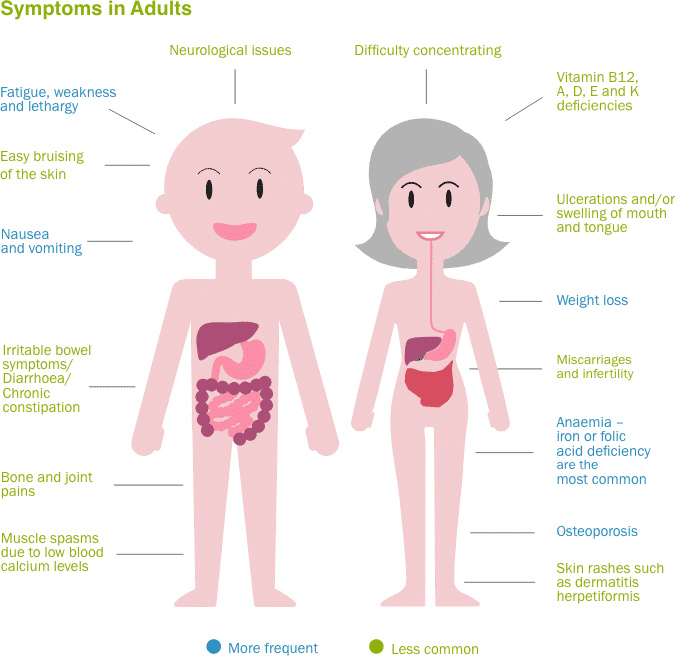Shared experiences create a unique kind of connection that’s hard to replicate in any other way. Whether a diagnsois of coeliac disease is challenging or easy because others you know have been diagnosed before you, every individual's experience is unique. This is Cilla's journey with coeliac disease.... I was diagnosed with coeliac disease over 20 […]







